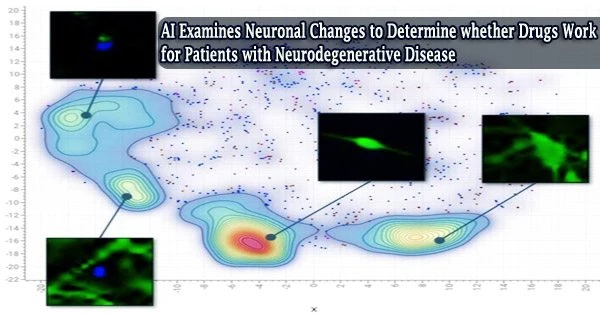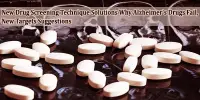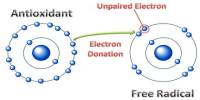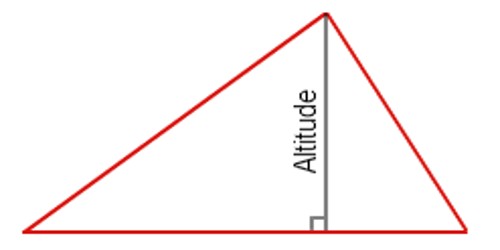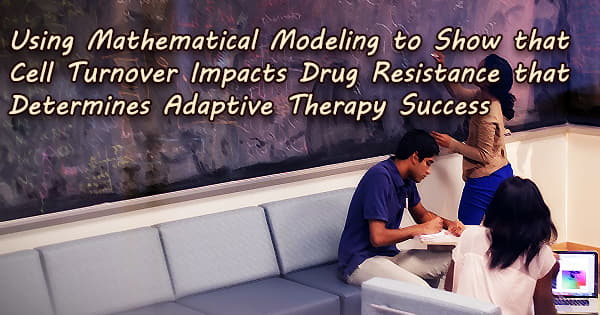An artificial intelligence for assessing cell pictures that employs machine learning to anticipate the therapeutic effect of medications has been developed by a research team from Nagoya University in Japan.
This new technology, known as in silico FOCUS, might help in the search for cures for neurodegenerative diseases like Kennedy illness.
The unpleasant side effects of current treatments for neurodegenerative illnesses frequently include sexual dysfunction and the prevention of muscular tissue growth. However, the lack of efficient screening tools to determine if a medicine is beneficial has hampered researchers looking for novel, less dangerous treatments.
The “anomaly discrimination notion,” which states that neurons that respond to treatment have slightly different shapes from those that do not, is one potential idea. However, it might be challenging to see these minute variations with the unaided eye. Additionally, the study cannot be completed with the speed of today’s computers.
The Graduate School of Pharmaceutical Sciences’ Associate Professor Ryuji Kato and Assistant Professor Kei Kanie, as well as the Graduate School of Medicine’s Professor Masahisa Katsuno and Assistant Professor Madoka Iida, have led a team of Nagoya University professors in the development of a novel artificial intelligence system called in silico FOCUS.
In order to determine if model neurons respond to medicinal medications, it examines the cell structure of the neurons. In the journal Scientific Reports, they made their findings public.
This is an ultra-efficient screening technology that can predict drug efficacy by simply capturing images, thus reducing the time required for drug efficacy analysis and evaluation from several hours with several hundred thousand cells to only a few minutes. It allows for a highly accurate prediction of therapeutic effects, without complicated and invasive experiments.
Professor Ryuji Kato
On a model of cells being treated for Kennedy disease, a neurodegenerative condition that causes motor neuron loss, the researchers tested the AI. In silico FOCUS created a reliable image-based classification model that identified the model cells’ level of recovery with 100% accuracy.
“This technology enables a highly sensitive and stable evaluation of the effects of therapeutic agents through the analysis of changes in the shape of diseased model cells to those of healthy cells, which we could not normally distinguish,” Professor Kato explains.
“This is an ultra-efficient screening technology that can predict drug efficacy by simply capturing images, thus reducing the time required for drug efficacy analysis and evaluation from several hours with several hundred thousand cells to only a few minutes. It allows for a highly accurate prediction of therapeutic effects, without complicated and invasive experiments.”
Kato concludes: “These results suggest the possibility of accelerating the development of new drugs and we expect them to be widely applied to the discovery of therapeutic drugs for diseases that have been difficult to explore.”
This research was supported by the FY2019 Nagoya University NU Cross-Departmental Innovation Creation Project.
